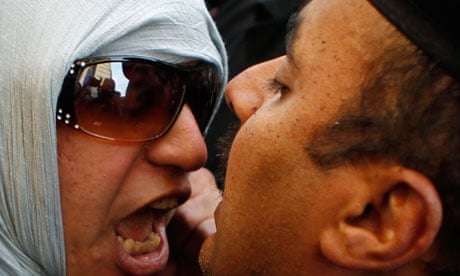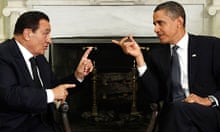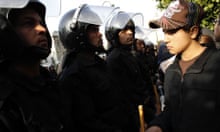I first joined protests in 2005 after a friend of mine was injured following a violent attack in a demonstration against constitutional amendments. I joined after witnessing and experiencing years of corruption everywhere, failing universities and public hospitals that lacked the most basic thing: dignity.
As a doctor, I was outraged at the idea that the state is prepared to hire thugs and beat people in the streets for calling for their political rights.
I later joined several protests, including ones against police brutality and torture and ones following the presidential elections. I also worked as a psychiatrist in a rehabilitation centre for torture victims for three years. There I became confident that torture is systematic and it's the only way the police gathers intelligence – bad intelligence. Not only that, if you are male below 40 and live in a poor neighbourhood there is a very high chance that the police will abuse you. For intimidation, for a third party or any other reason they wish, and under total impunity.
The numbers yesterday were beyond what I imagined. I was going down to join a protest where 300 or so protesters would be kettled for eight hours without access to a bathroom and repeatedly beaten or detained, like they often are. But I arrived to find a sea of people coming from the north of Tahrir Square marching hurriedly, while the police had totally lost control. Line after line of Central Security Force conscripts were broken by angry young men chanting against Mubarak.
People marched across the capital. They passed by the ruling party's offices twice. And other state buildings as well. The marches finished in Tahrir Square where they joined other protesters and tried to reach the parliament building.
This protest was full of young people who had never been to protests before. All chanting against Mubarak and his regime. They had expressed their wishes on the internet but now they've decided to express them in the streets.
Yesterday, dozens were injured across the country by the government people have had enough of. Tunisia provided a nudge to people to go down and take the streets. The brutality of the police against their friends will make more people outraged and motivated to tell Mubarak to leave.
Mostafa Hussein is a 30-year-old physician from Cairo






